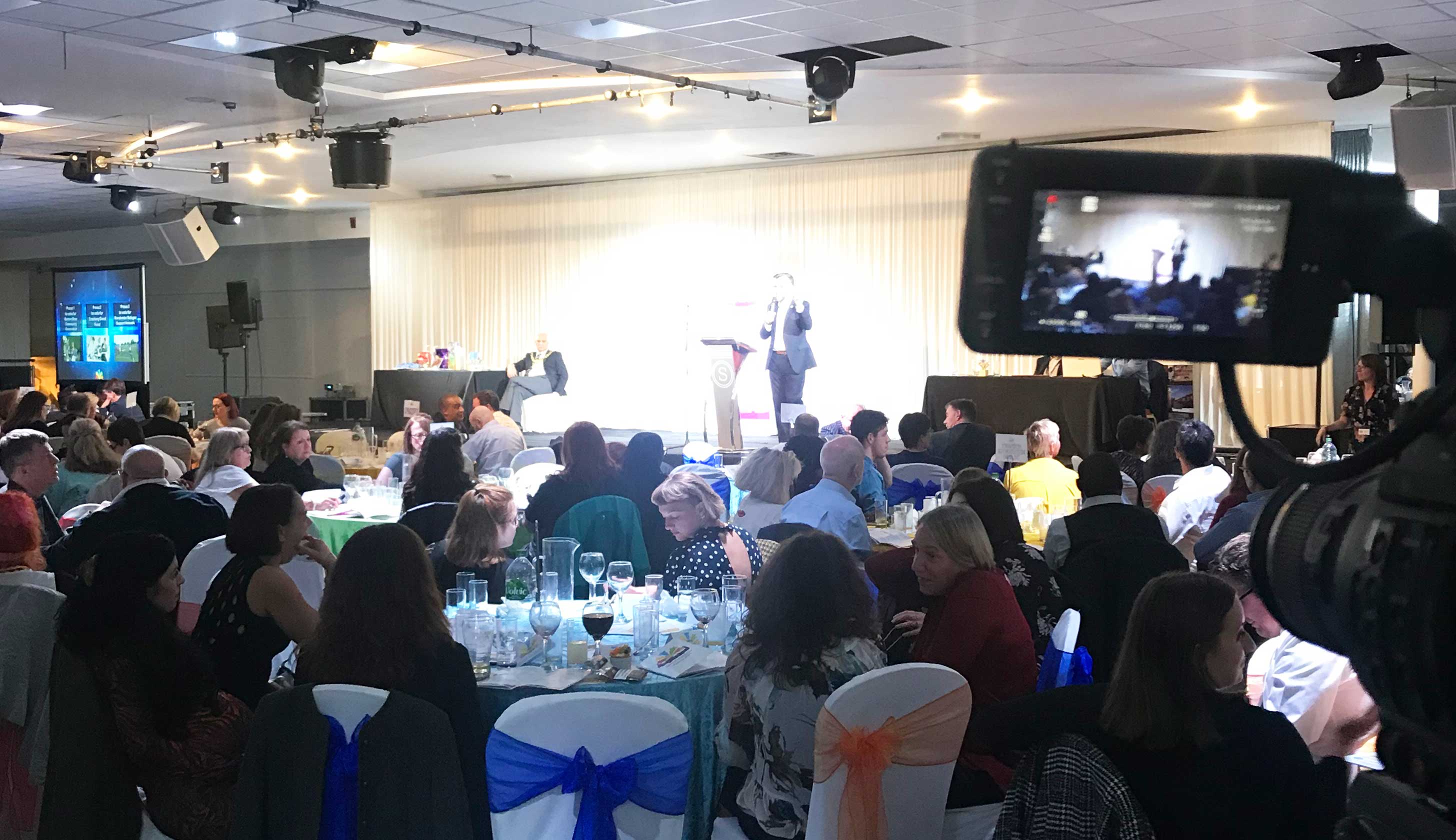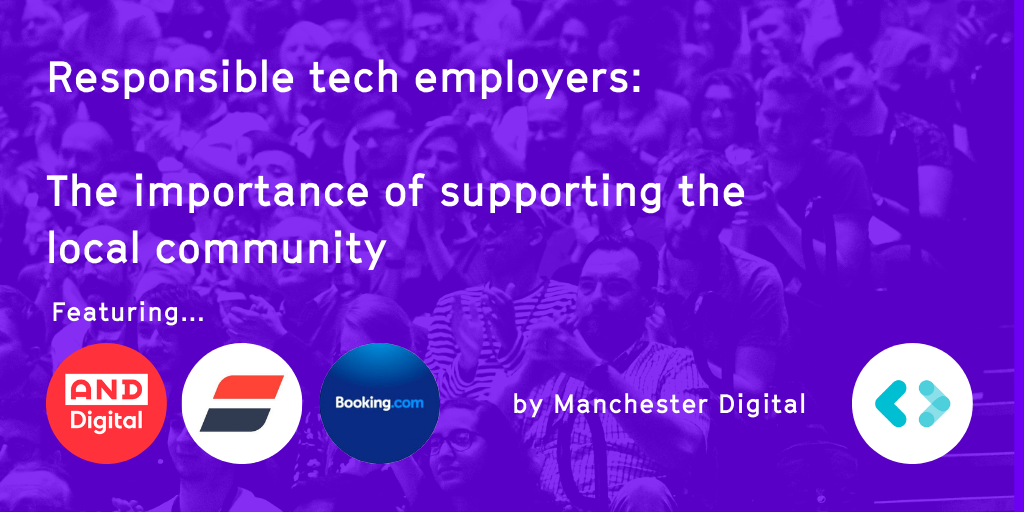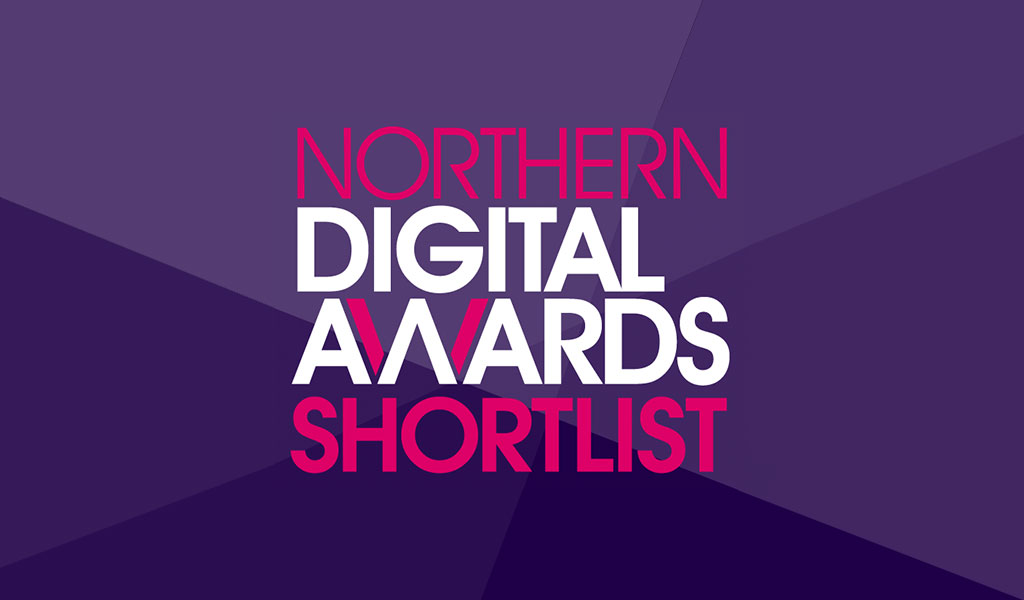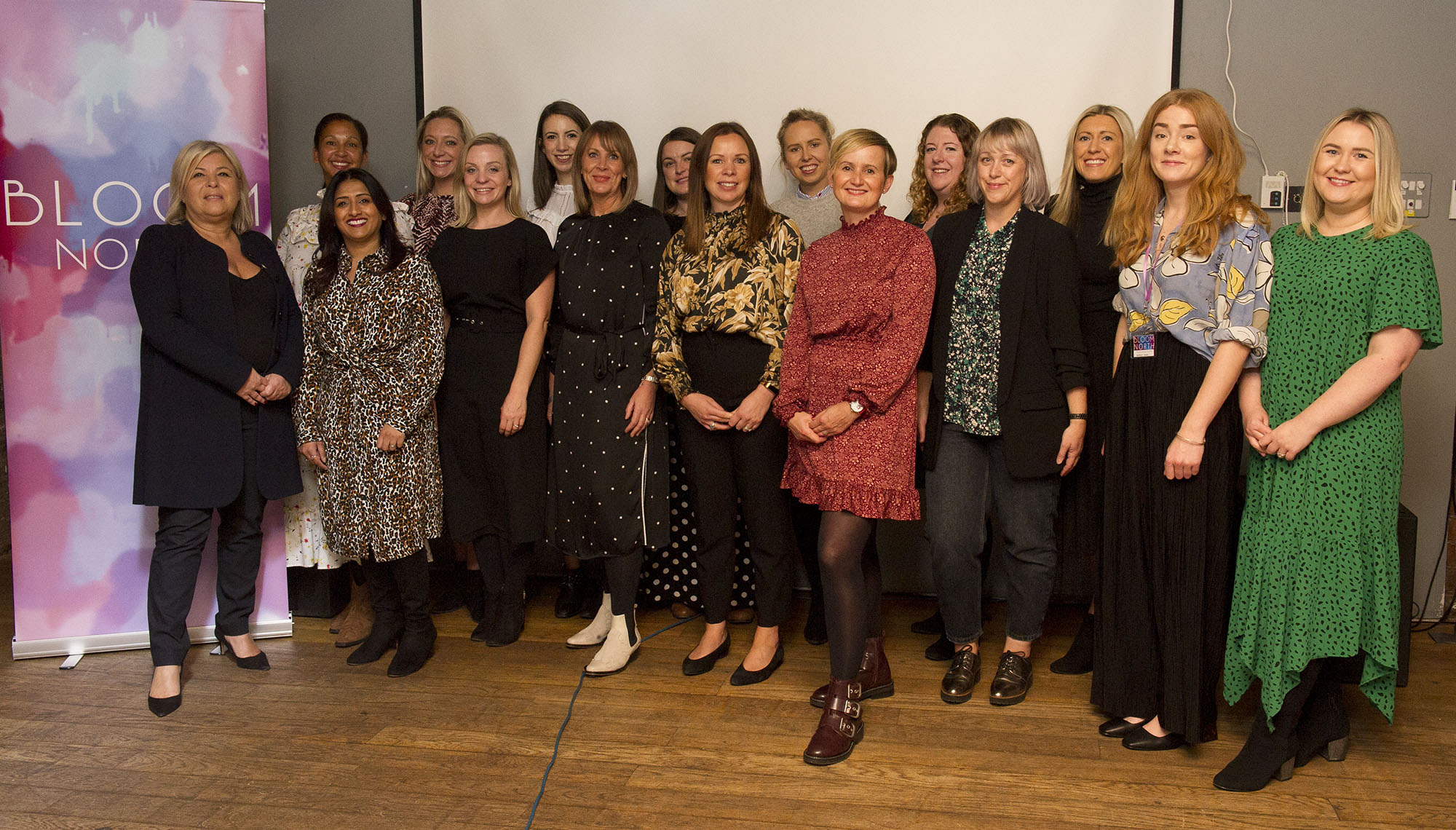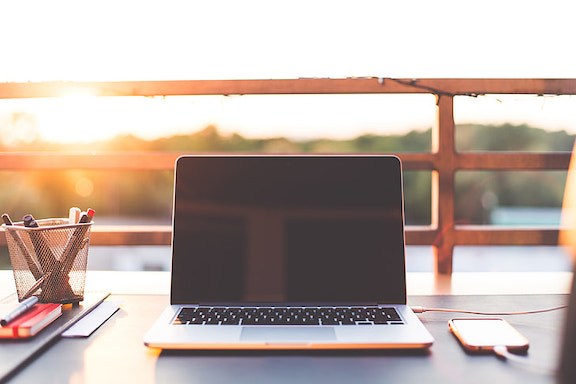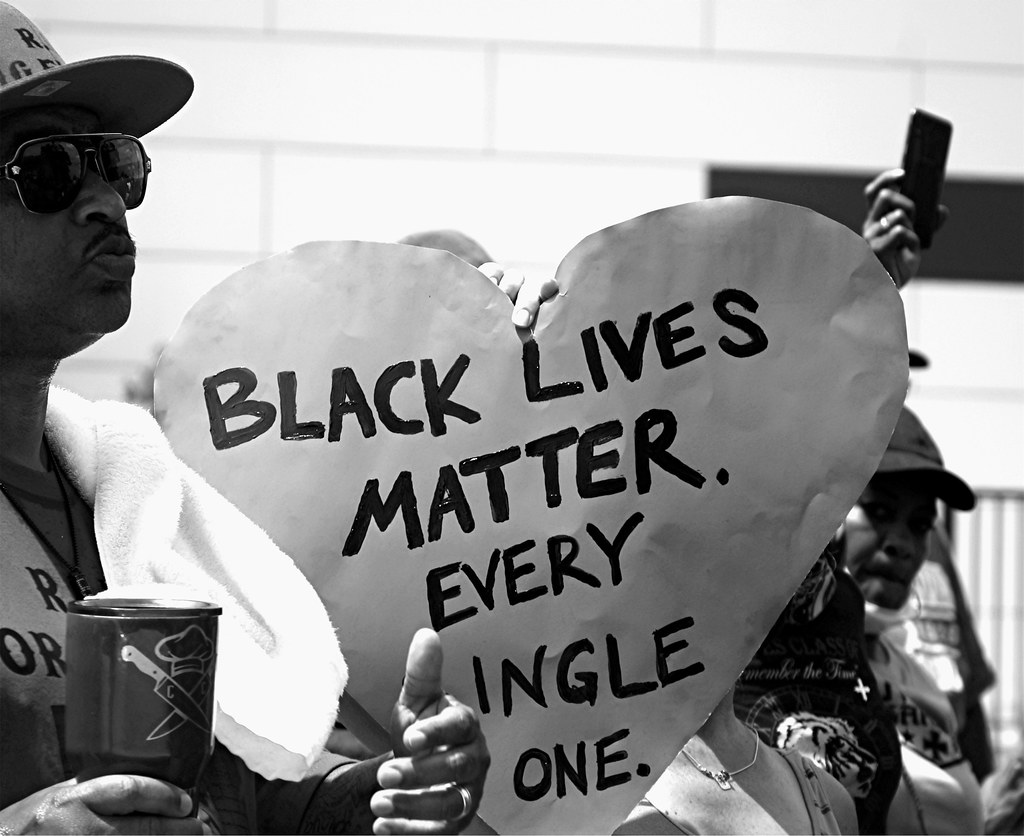
Kelsey Williams, Head of Project Race, DfE Digital
The past few months have been hard for most of us, particularly for people of colour, and especially for Black people. In this post I’ll explain why that is, and what that means on a daily basis. And I’ll talk about why we need to be considerate to our colleagues and think carefully about our policies as an organisation.
Coronavirus has made life much harder
It’s been stressful for everyone - we’ve all had to curtail our personal freedoms. We have much less access to our family and friends. Constraints have been put on our ability to work. Many now have to do constant childcare. And there’s the financial impact for people out of work. All of this on top of the constant uncertainty and fear of catching coronavirus.
Black and BAME people are more at risk
Imagine what it’s like being a person of colour on top of everything else that’s going on. For us, the past month has brought an information overload about how people who look like us are the ones dying at a disproportionately high rate.
Although the information about the rate of BAME deaths has been explicit, the understanding and logic as to why, is only partial. Some say it relates solely to underlying health conditions, which different ethnicities are more likely to have (this has largely been disproved). Or that a Vitamin D deficiency is one of the causes because our skin doesn't absorb the sun that easily. This theory has little evidence behind it, although that said, I still take a Vitamin D supplement every morning.
What is the main reason behind so many deaths
The 2 recent Public Health England reports (COVID-19: Review of disparities in risks and outcomes and COVID-19: understanding the impact on BAME communities) note that deprivation is one of the main indicators of coronavirus diagnosis and death. Ethnic minorities in the UK experience deep rooted disadvantages in virtually every area of life including:
- healthcare
- educational outcomes
- interaction with the justice system
- access to secure employment
- access to housing
The report also recognises there’s a much higher proportion of BAME people who work on frontline essential services. They are far more exposed to infection.
Over the past 2 weeks these figures have become even more specific. The PHE reports state Black ethnic groups were most likely to be diagnosed with coronavirus and Bangladeshi people were most likely to die from it.
Imagine what it’s like waking up to those headlines on a daily basis, and how anxious it would make you, your family and your friends.
Think about how you'd feel if you were Black or Bangladeshi and you’d been told you were in the most susceptible ethnic group.
News about racist crimes adds to our mental load
As well as coronavirus, there’s been a constant stream of reports around racially motivated incidents and murders in the United States.
It started with Ahmaud Arbery who was killed while he was jogging.
Breona Taylor was killed by the police while she was sleeping in her own flat.
Amy Cooper was caught on film attempting to weaponize the police and use her whiteness against Christian Cooper (an African-American man).
George Floyd was killed by the police after an officer kept his knee on his neck for over 8 minutes during an arrest, even though he kept yelling that he couldn't breathe.
In each of these cases Black people were incorrectly assumed to be something they were not and treated in a way which devalued their humanity because of the blackness of their skin.
As a result, people have marched and protested in solidarity with the Black Lives Matter movement, across the United States, Canada and the United Kingdom.
It’s not just America
While in the UK we often assume we don't have racism on the same scale as in America, you need only consider the names of: Stephen Lawrence, Mark Duggan, Cherry Groce, Dalian Atkinson, Jean Charles de Menenzes, Smiley Culture, Jimmy Mubenga, Darren Cumberbatch, Nunu Cardoso, Olaseni Lewis, Sean Rigg, Daniel Adewole, Julian Cole, and Sarah Reed to know that is blatantly untrue.
The news stories about the disproportionate number of BAME deaths related to coronavirus, and the racialised murders, shines a light on the clear inequity in our systems, both in the United States and the United Kingdom.
Our colleagues are exhausted
Black people feel like they’re under attack. With coronavirus and racism, it feels like we’re at war. Being in lockdown with the mental impact of the social media and news overload can be completely debilitating, particularly for Black women who already report higher proportions of common mental disorders than white women.
How you can help
One of the most important things you can do is be considerate towards your colleagues. White people and people of colour are affected very differently by current events. There is a real need to be careful and respectful of the feelings of ethnic minorities right now.
Everyone's response to the PHE's reports and the murder of George Floyd is going to be different. But for people of colour it’s highly likely their reaction will be steeped in some form of emotion whether that’s anger, disbelief, sadness, grief, defensiveness, anxiety or distress. This is because the message we’re receiving right now is that Black lives do not matter to most people.
As people who work in the public sector, we have a moral and legal responsibility to make policy that considers and includes everyone regardless of their demographic. As the ‘new normal’ emerges we need to seize this moment to shape a new history. One in which people, regardless of race, can expect to exist in a society which cares for them, and which is truly built for them.
Find out more
To get a better understanding of the issues I've touched upon in this post here are some useful books. I also recommend this video of David R. Williams talking about how racism makes us sick.
‘Me And White Supremacy’ by Layla Saad
‘Brit(ish): On Race, Identity and Belonging’ by Afua Hirsch
‘Why I’m No Longer Talking to White People About Race’ by Reni Eddo-Lodge
‘White Fragility’ by Robin DiAngelo
‘So You Want to Talk About Race’ by Ijeoma Oluo
‘Natives’ by Akala
‘Black and British: a Forgotten History’ by David Olusoga
‘Racism at Work: the Danger of Indifference’ by Binna Kandola
‘How to Argue With a Racist’ by Adam Rutherford
‘How To Be Antiracist’ by Ibram X. Kendi
‘I'm Still Here: Black Dignity in a World Made for Whiteness’ by Austin Channing Brown

